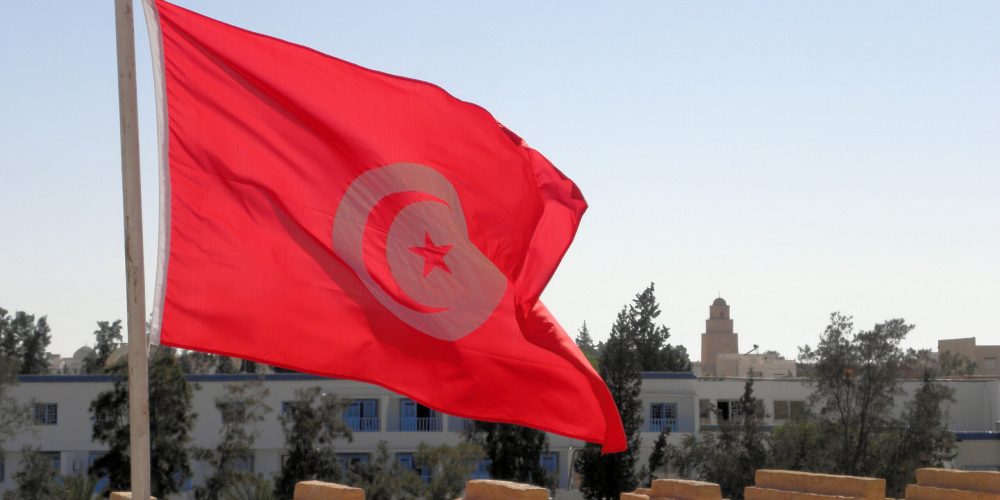Paris, 17 October 2024 – Richard Sédillot, member of the Rouen Bar and Board member of the International Observatory for Lawyers in Danger, travelled to Tunisia from 15 to 20 August and from 8 to 11 September to observe the trial of Sonia Dahmani.
The Tunisian lawyer was arrested on 11 May 2024 and sentenced to 1 year’s imprisonment for ‘spreading false news’. She is now the subject of 5 legal proceedings for offences of opinion allegedly committed during her television or radio appearances.
During her appearance on the ‘Edenya Zina’ (Life is Beautiful) show on 7 May 2024, Ms Dahmani explained that Tunisia’s difficult economic living conditions would in no way attract migrants to settle there, and declared in an ironic tone, in her role as a chronicler: ‘what a great country that would be so attractive to settle in’.
On 9 May 2024, the first public prosecutor at the Tunis Court of Appeal opened a judicial investigation. The examining magistrate in charge of the case issued a warrant for the arrest of Dahmani, which was executed by hooded police officers who brutally entered the Tunisian Lawyers’ House on 11 May.
On 30 May, the examining magistrate referred Ms Dahmani to the criminal division of the Tunis Court of First Instance.
Sonia Dahmani was referred to the indictment division of the Tunis Court of Appeal by the examining magistrate of the Tunis Court of First Instance.
Despite an appeal against this decision by Ms Dahmani’s lawyers, our colleague was referred to the Criminal Division of the Tunis Court of First Instance, which sentenced her to 12 months’ imprisonment. An appeal against this decision has been lodged. The date of the hearing before the Criminal Division of the Court of Appeal was set for 20 August 2024.
Me Dahmani’s lawyers have encountered real difficulties in visiting their client in prison. The lawyer could only obtain authorisation for a single visit.
On 20 August 2024, the prison governor demanded that Dahmani comply with requirements designed to humiliate her. (Wearing flip-flops, not being allowed to wear her hair as she wished, wearing a veil traditionally worn by women appearing in court for prostitution or vice cases). Understanding that she would not be extracted if she did not comply with these demands, our colleague agreed to submit to them, but the prison governor refused to allow her to be extracted.
At the hearing on 20 August 2024, the lawyers argued in particular that the lawyer’s fundamental rights had been profoundly affected, as had her right to a defence. The case was postponed until 10 September.
On 10 September 2024, Sonia Dahmani was sentenced to eight months’ imprisonment without any hearings, closing arguments or pleadings. The decision was not handed down in open court. The most essential rights of defence were therefore completely disregarded. An appeal has been lodged against this decision.
The next hearing will be held on 17 October 2024. This is a hearing organised following the referral of our colleague by decision of a second examining magistrate. This time, she is accused of having deplored the racism rife in Tunisia and denounced the existence of buses to which black Tunisians are denied access. The OIAD will publish a report on the follow-up to the trial.




